Sep 15, 2018
Characteristic patterns of inter- and intra-hemispheric metabolic connectivity in patients with stable and progressive mild cognitive impairment and Alzheimer’s disease
Posted by Genevieve Klien in categories: biotech/medical, neuroscience
Alzheimer’s disease (AD) is a neurodegenerative disease with characterization of deficits in progressive memory loss, cognitive and behaviour functions. Mild cognitive impairment (MCI) is a predromal stage of AD, displaying cognitive deficit but neither marked functional impairment nor satisfying established clinical criteria for dementia or probable AD. However, not all MCI patients may eventually progress to AD (progressive MCI, pMCI)https://doi.org/10.1016/j.nicl.2013.10.
(2014)." href="https://www.nature.com/articles/s41598-018-31794-8#ref-CR2" id="ref-link-section-d1856e5935"]2, and some remain unchanged (stable MCI, sMCI), or are recovered from. Therefore, differential diagnosis of MCI types and earlier diagnosis of AD and prediction of disease evolution are difficult
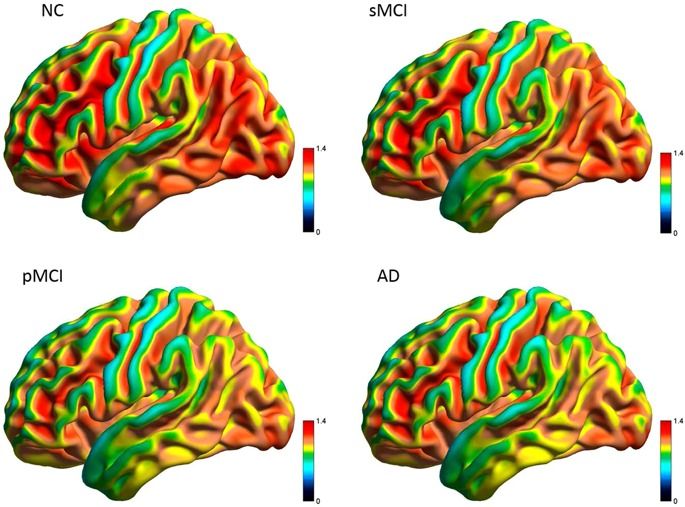
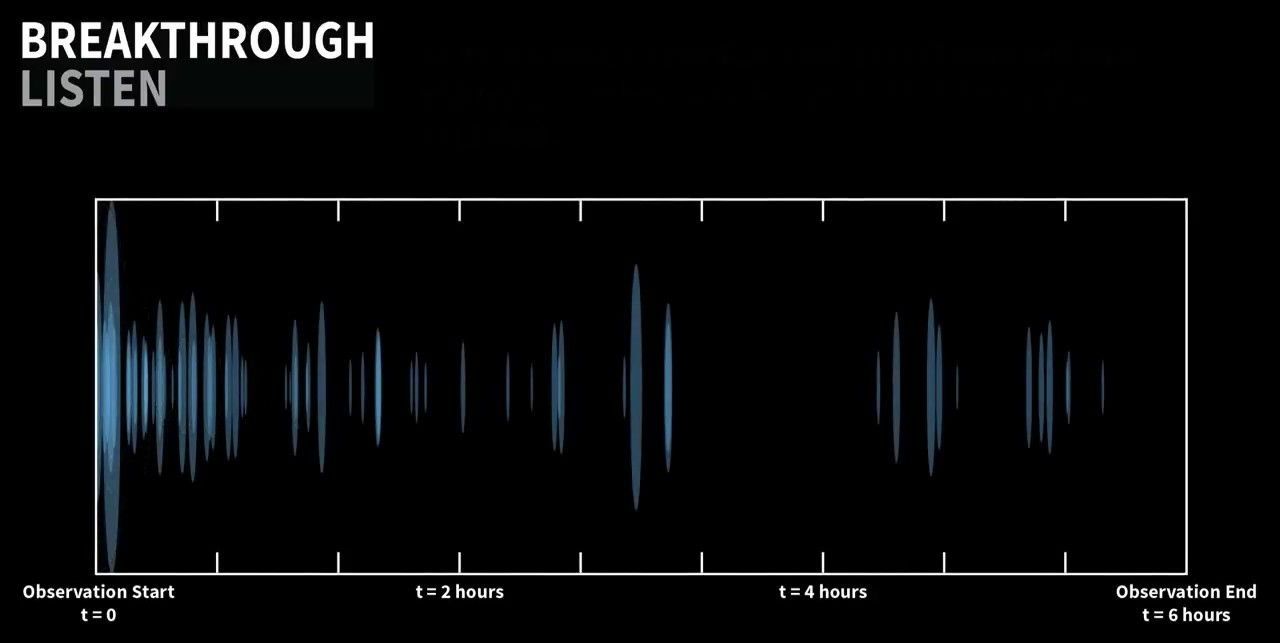

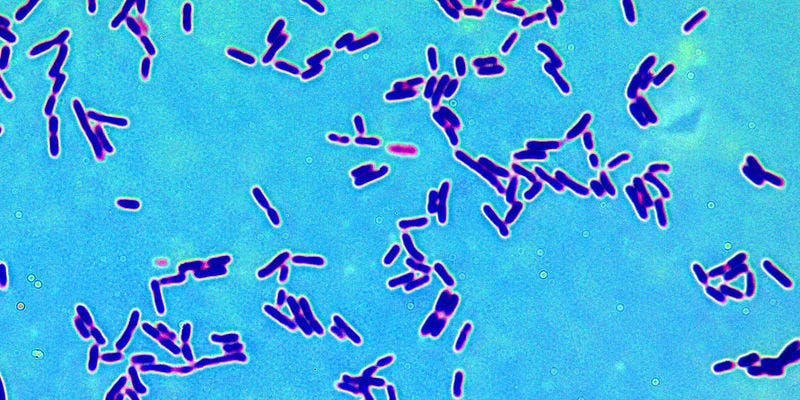
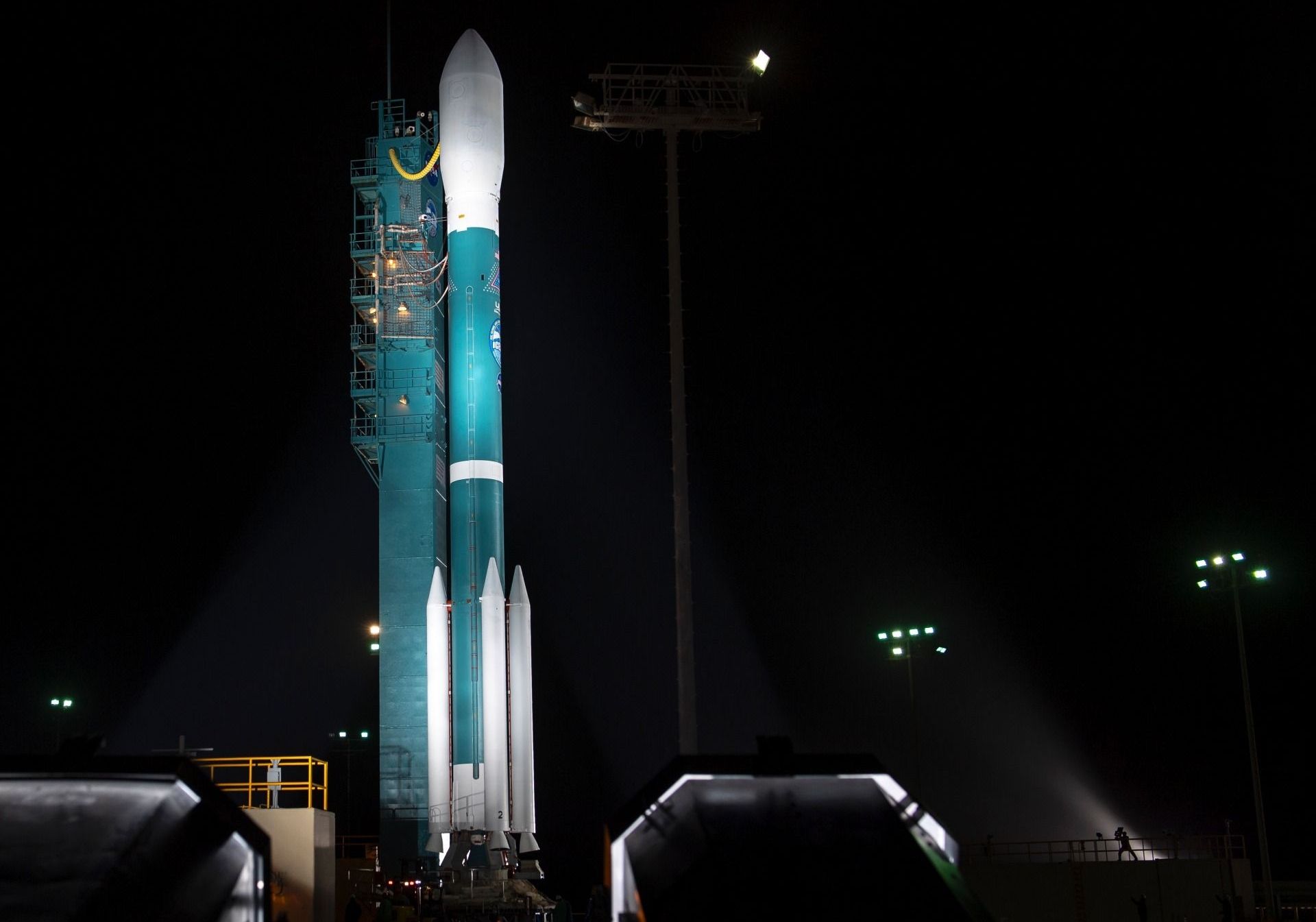
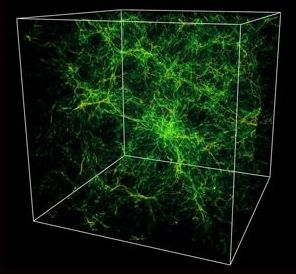


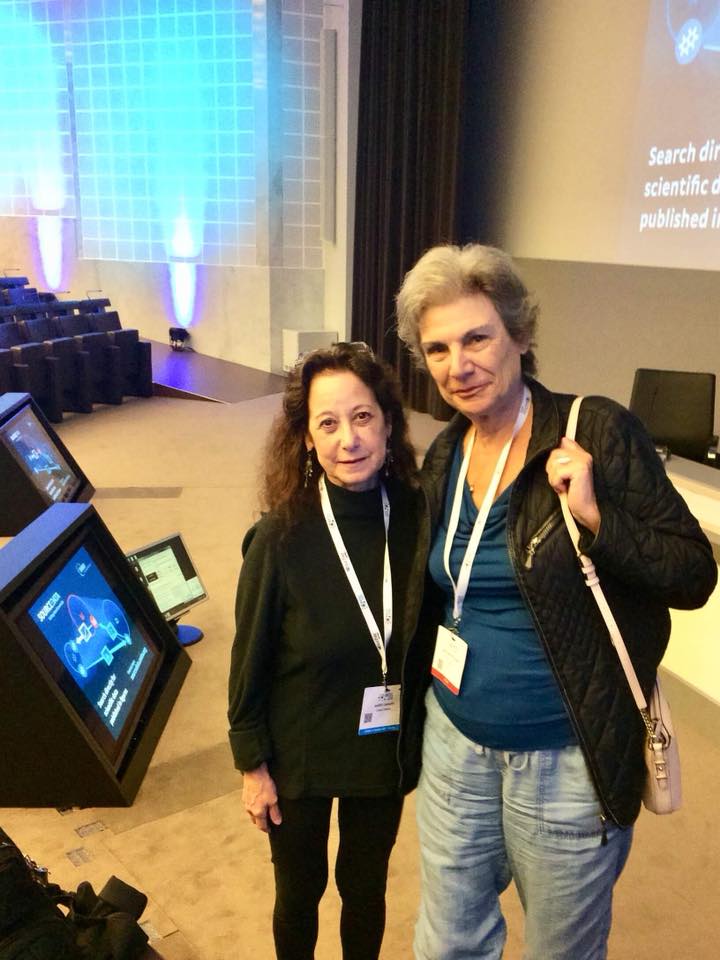
 Someday, people across the world will look back on September 2018, much like we look back on the terror attacks of 9/11 or the safe return of Apollo 13 in 1970. They are touchstone moments in world history. For Americans, they are as indelible as Pearl Harbor, the assassination of John F. Kennedy or the first moon landing.
Someday, people across the world will look back on September 2018, much like we look back on the terror attacks of 9/11 or the safe return of Apollo 13 in 1970. They are touchstone moments in world history. For Americans, they are as indelible as Pearl Harbor, the assassination of John F. Kennedy or the first moon landing.








